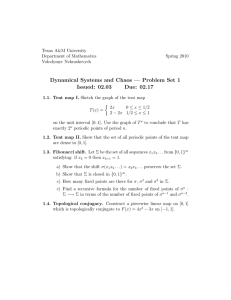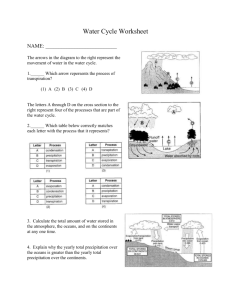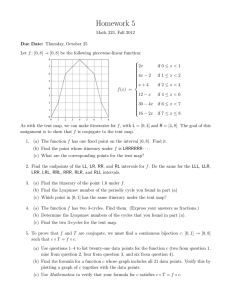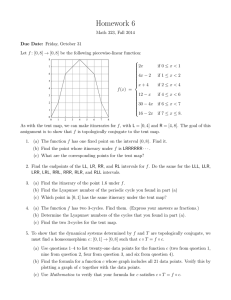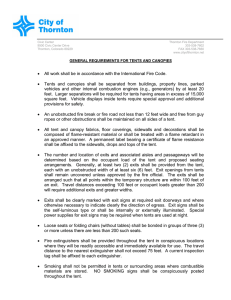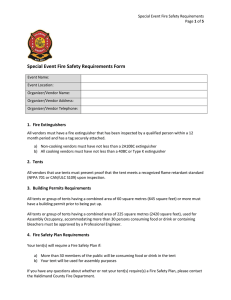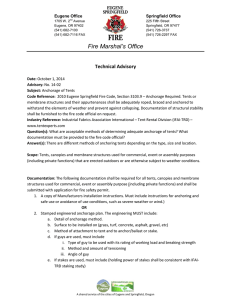Excavating and Living at Hell Gap
advertisement
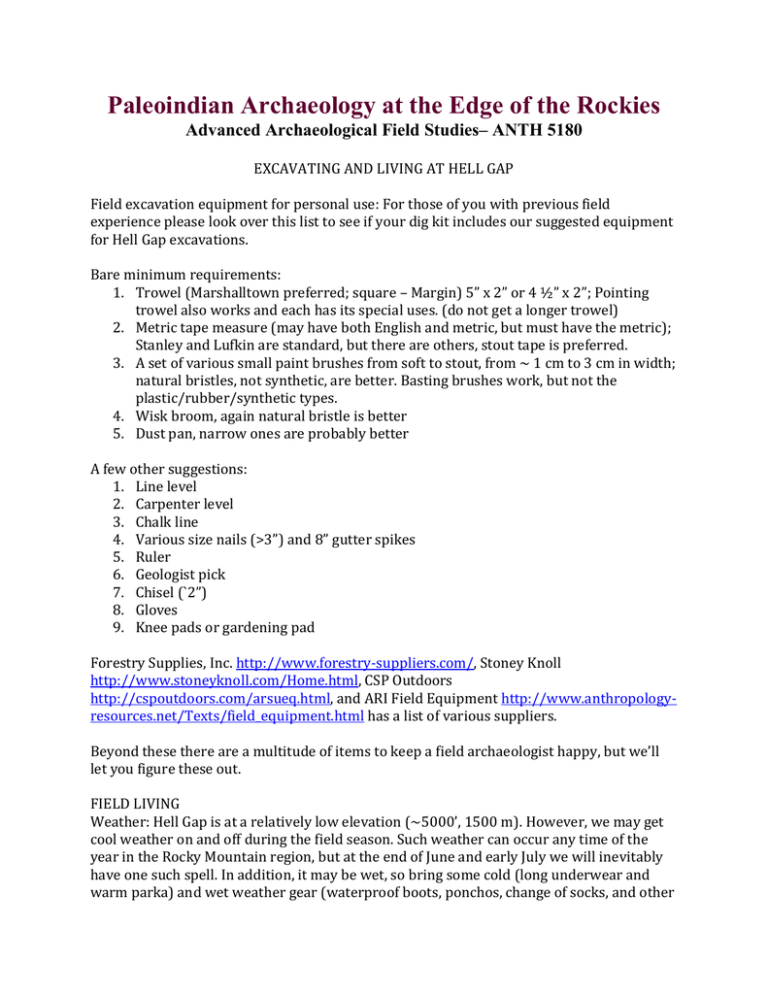
Paleoindian Archaeology at the Edge of the Rockies Advanced Archaeological Field Studies– ANTH 5180 EXCAVATING AND LIVING AT HELL GAP Field excavation equipment for personal use: For those of you with previous field experience please look over this list to see if your dig kit includes our suggested equipment for Hell Gap excavations. Bare minimum requirements: 1. Trowel (Marshalltown preferred; square – Margin) 5” x 2” or 4 ½” x 2”; Pointing trowel also works and each has its special uses. (do not get a longer trowel) 2. Metric tape measure (may have both English and metric, but must have the metric); Stanley and Lufkin are standard, but there are others, stout tape is preferred. 3. A set of various small paint brushes from soft to stout, from ~ 1 cm to 3 cm in width; natural bristles, not synthetic, are better. Basting brushes work, but not the plastic/rubber/synthetic types. 4. Wisk broom, again natural bristle is better 5. Dust pan, narrow ones are probably better A few other suggestions: 1. Line level 2. Carpenter level 3. Chalk line 4. Various size nails (>3”) and 8” gutter spikes 5. Ruler 6. Geologist pick 7. Chisel (`2”) 8. Gloves 9. Knee pads or gardening pad Forestry Supplies, Inc. http://www.forestry-suppliers.com/, Stoney Knoll http://www.stoneyknoll.com/Home.html, CSP Outdoors http://cspoutdoors.com/arsueq.html, and ARI Field Equipment http://www.anthropologyresources.net/Texts/field_equipment.html has a list of various suppliers. Beyond these there are a multitude of items to keep a field archaeologist happy, but we’ll let you figure these out. FIELD LIVING Weather: Hell Gap is at a relatively low elevation (~5000’, 1500 m). However, we may get cool weather on and off during the field season. Such weather can occur any time of the year in the Rocky Mountain region, but at the end of June and early July we will inevitably have one such spell. In addition, it may be wet, so bring some cold (long underwear and warm parka) and wet weather gear (waterproof boots, ponchos, change of socks, and other extra clothing). This also means good sleeping bag, a tent that will keep you dry, and a few oversize plastic garbage bags to protect your belongings from moisture in your tent. Of course it is just as likely that the weather will be warm/hot and dry. In fact it will inevitably turn warm/hot/dry as the season progresses, so plan for both types of weather conditions and you’ll be safe. Environment: (sun, wind, bugs, heat, comfort!) Exposure to the elements at high altitudes (although Hell Gap is just at 1500 m; this is still high as far as solar insolation is concerned) requires plenty of sunscreen, chap stick, hats, etc. Hot weather may require salt pills and definitely a water container (a 1 gal. bottle or canteen is recommended). Mosquitoes, gnats, ants, and other more insidious creatures are frequent visitors, so if desired bring insect repellent. Small tents get tiresome after a while, so if you can spring for a tent you can stand up in and put a cot in, it is a good idea, but keep in mind that it has to be wind worthy (very large tents are not wind worthy regardless what the manufacturers says!). And by all means get real tent stakes, the stakes that come with your tent (any tent) from the store are worse than WORTHLESS! Get 12” sturdy stakes even for small tents (2/3 person). I cannot overemphasize the wind worthiness and the stake size, the last thing you want to do at the end of the day is find your tent in the nearest barbed wire fence, extract it and reset it. Think of your comfort while camping and working all day. Other odd items that you will need include: solar shower bag (enclosure is provided), flashlight, extra batteries, water container (at least 3 gal.). We have running water, but the well is not bottomless and conservation is a must. Communication: The Hell Gap site is in one of those very rare places in the world where there is NO CELL PHONE or INTERNET SERVICE. So plan on it. Some people have luck getting reception on top of one of several hills near the camp or down the road 5-6 miles, but the nearest reliable reception is at the cemetery just outside of Guernsey, about 15 miles from camp. The dining hall does have electricity so there is no problem in charging electronics. ANY OTHER QUESTIONS? – PLEASE ASK: Marcel Kornfeld (anpro1@uwyo.edu); or Mary Lou Larson (mlarson@uwyo.edu).
